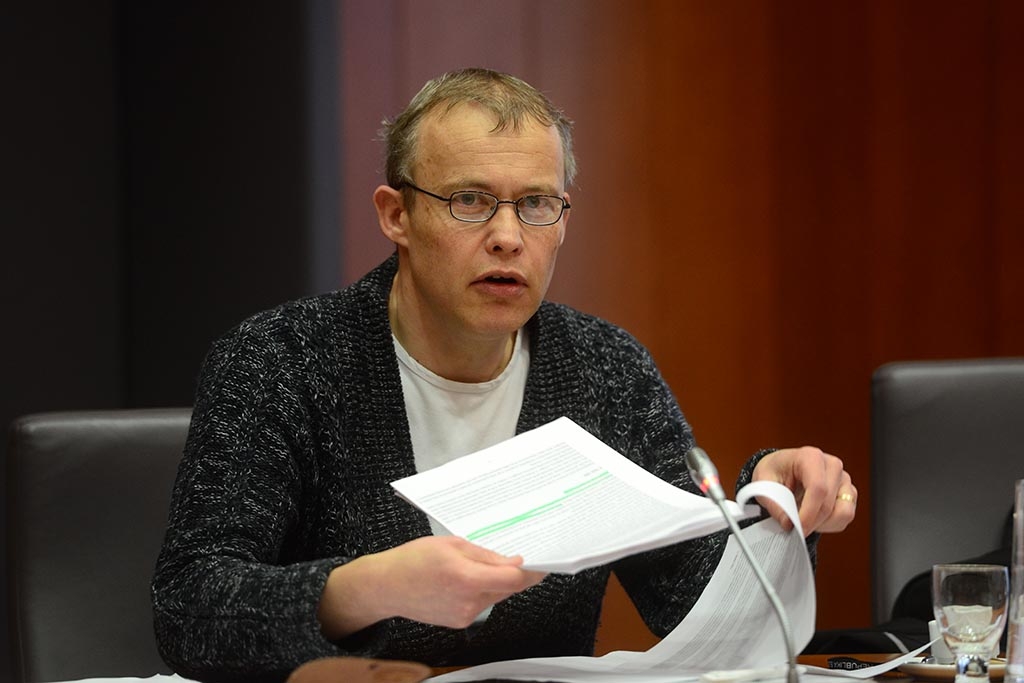As part of the second stimulus package to help the Slovenian economy cope with the coronavirus epidemic, the state will provide quick liquidity aid to companies to the tune of EUR 2 billion. Loans to micro companies and SMEs will be guaranteed for up to 80% of the principal, and up to 70% for large companies.
Parts of the corrections to the first package and of the second package were presented on Wednesday by the head of the advisory task force Matej Lahovnik, who said that in the second package, the government “aims for quick liquidity aid to the economy.”
Pointing to the loan guarantees, he said that the amount was limited to 10% of annual revenue or labour costs, with an additional condition being that the company must participate in the settlement of claims.
“By doing so, they assume a large part of the risk. We count that commercial banks will provide fast and effective liquidity aid,” Lahovnik said, adding that the government would create a guarantee scheme modelled after Germany.
As for the adjustments of the first package, he said that subsidies for wages and social security contributions for workers on temporary lay-off would apply for companies whose annual turnover was down by 10% compared to the pre-crisis period.
Lahovnik noted that potential beneficiaries should be aware that the fiscal space was not unlimited and that this was state aid to the economy financed by taxpayers, which would have to be refunded at some point in the future.
“The aid is intended for companies who have found themselves in trouble due to the crisis, and is not aid intended for those who had been in trouble earlier,” he stressed.
The advisory task force also recommends that production and services should be relaunched as soon as possible while sticking to the health protection protocols.
Lahovnik notes that Germany, for instance, was putting an emphasis on work from home, time corridors, same workers working in same shifts, safety distance and use of protective equipment. “Slovenia will have to implement these measures.”
He also proposed subsidies for shortened working time under the German and Austrian model, noting that funds at the EU level were also available for such a measure.

